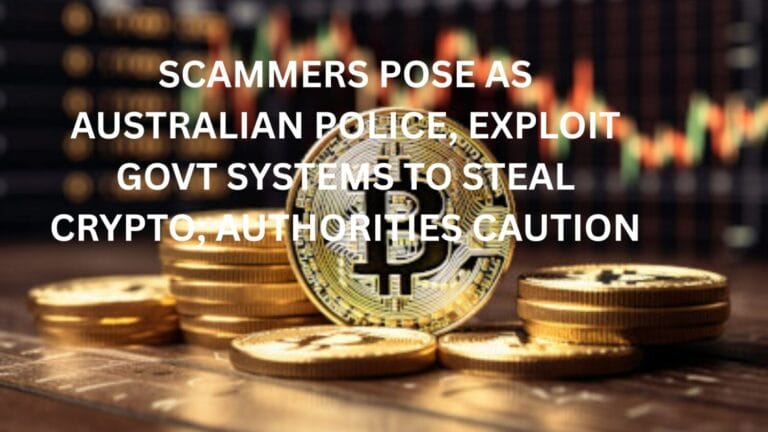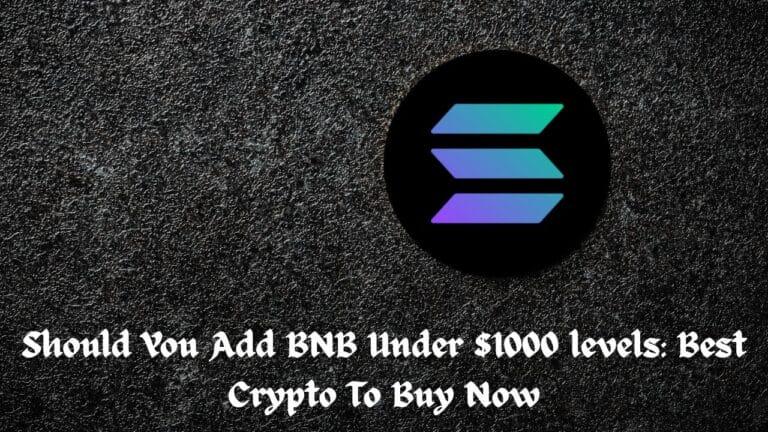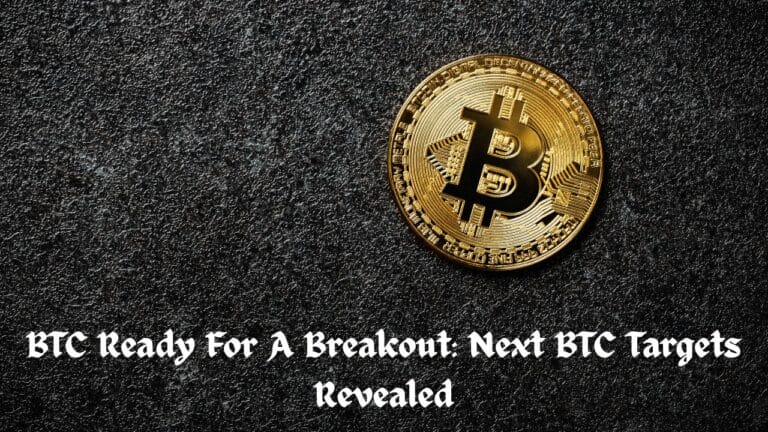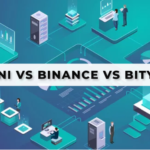Key takeaways
- With the ongoing land rush in the digital era for metaverse, new tools are being developed to assist investors in partaking in this digital revolution.
- Metaverse Property promises to be the first metaverse real estate investment trust (REIT) that will trade through a non-fungible token (NFT) backed by the company’s virtual landholdings.
The metaverse, a virtual reality realm into which individuals may log in and engage with one another using avatars to reflect their true identities, is a developing asset in tech and certain crypto circles.
The word “metaverse” was first created in science fiction writer Neal Stephenson’s novel “Snow Crash” in 1992 to depict a virtual world that individuals would connect into using their virtual avatars, and it’s no accident that this notion has sci-fi overtones. Second Life, which began in 2003, was a prototype for metaverse economies, enabling users to trade products and services, including virtual real estate, using their in-game Linden dollars.
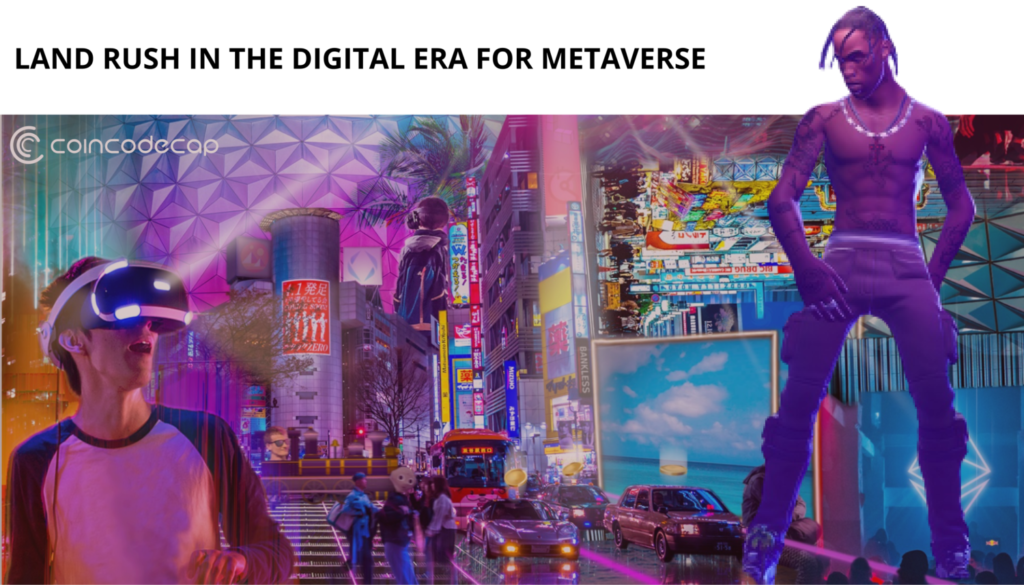
Metaverse Property claims to be creating the first “metaverse real estate investment trust (REIT)” that will trade through a non-fungible token (NFT) backed by the company’s virtual landholdings, in addition to being virtual landlords and developers.
The metaverse’s supporters foresee its users working, playing, and remaining connected with companions through everything from concerts and conferences to virtual voyages across the world.
Mark Zuckerberg, the CEO of the newly renamed Meta (previously Facebook), predicts that the metaverse’s primary capabilities will take five to ten years to become prevalent.

What is the utility of digital land?
The importance of community in Decentraland (and other virtual worlds) cannot be overstated. Like real-world real estate, virtual land is valuable not just because of where it is located within each metaverse but also because its owners choose to develop it.
Decentraland differs from previous virtual worlds in that almost all of the places (called LAND in the game) may be owned, sold, and expanded by the game’s players, except for highways and plazas. Furthermore, the Ethereum blockchain records the ownership of such virtual properties, making them easily transferable and preventing fraud.
Digital real estate in the metaverse is expected to rise in value as more real-world companies use the metaverse for advertising and connecting with users and consumers.
Here are some illustrations of what’s going on right now that might lead to tomorrow’s metaverse:
- Microsoft: With its Microsoft Mesh platform, the software giant builds mixed and extended reality (XR) apps that integrate the real world with augmented reality and virtual reality.
- The US Army is reportedly developing an augmented reality Hololens 2 headgear with Microsoft for soldiers to train, rehearse, and battle in.
- Microsoft revealed its plans to add mixed-reality, including holograms and virtual avatars, to Microsoft Teams in 2022 earlier this month.
- Epic Games is a company that specializes in developing video games. “It’s no secret that Epic is invested in building the metaverse,” said Tim Sweeney, CEO of the firm that produced Fortnite. Moreover, concerts for music artists like Ariana Grande and Travis Scott, movie trailers and music premieres, and even an “immersive” re-imagining of Martin Luther King Jr.’s historic “I Have A Dream” speech from 1963 have all taken place there.
Closer parcels near Genesis Plaza (the game’s entry point) and other districts like Vegas City, Crypto Valley, and Dragon City are usually more expensive than others. Purchasing consecutive plots in Decentraland can result in the creation of an “estate.” The ability to create more incredible developments is a benefit of owning an estate.
KuCoin increases its stake in metaverses:
Kucoin, a top-tier cryptocurrency ecosystem, has reached a key milestone in its “Metaverse plan,” according to an official release.
KuCoin said that it would enter the metaverse by opening a skyscraper-style headquarters within Bloktopia’s platform. Other content providers, such as Polygon and Avalanche, are likely to be housed in the virtual structure, which includes 21 stories commemorate the entire quantity of 21 million Bitcoin (BTC).
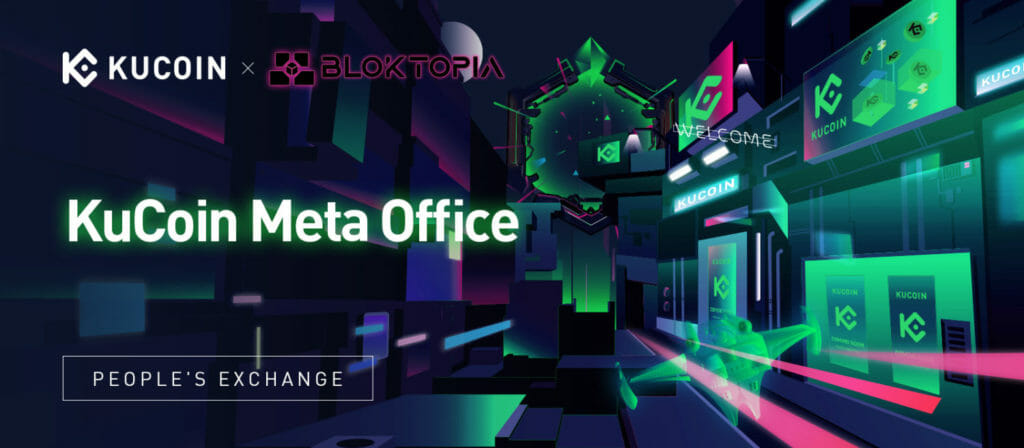
According to the exchange, the meta office would allow users to design cyberpunks, interact with virtual furniture, and discuss and communicate with one another in a virtual setting. KuCoin appears to be following a metaverse-friendly business strategy, supporting both Bloktopia’s native token, BLOK, and the utility token for Dreams Quest (DREAMS), a blockchain-based game.
Tencent Holdings, a Chinese social media company, believes Beijing will allow metaverse virtual environment services, which have become the talk of Silicon Valley, to function in China if they follow Chinese norms.
Tech investors have raised questions about how the metaverse would evolve in China, where the internet is heavily controlled, and authorities have mounted a wide-ranging crackdown on the country’s previously free-wheeling giants, including Tencent, since last year.


